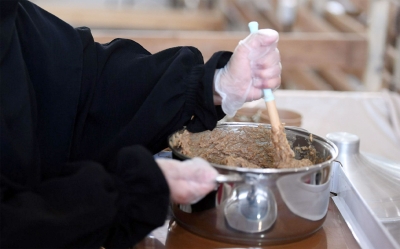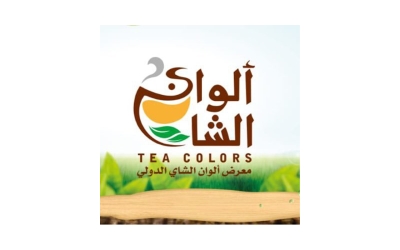

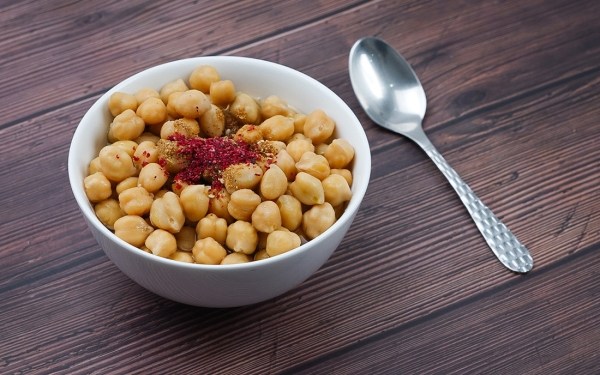
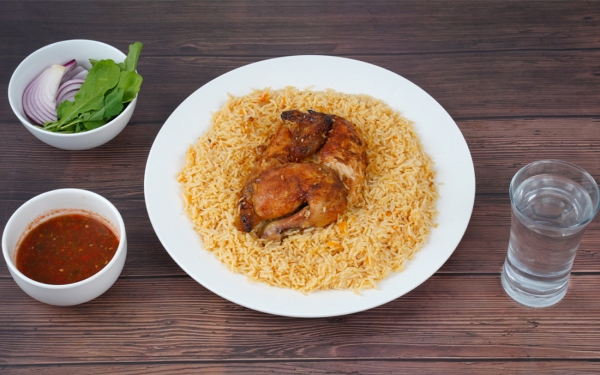
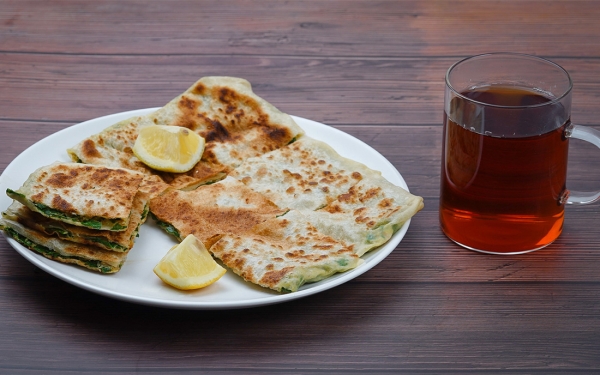
The traditional dishes in al-Madinah al-Munawwarah Province are characterized by their variety. Al-Madinah al-Munawwarah's kitchen is rich with many traditional dishes such as Manto, Yaghmosh, Balilah, Tamees, Mutabbaq, dates, and various types and forms of sweets. Additionally, it includes different types of drinks, dishes, and fried foods that reflect the unique culinary heritage of al-Madinah al-Munawwarah, showcasing the area's rich historical legacy.
Traditional dishes at the Chefs Market
The Chefs Market in al-Madinah al-Munawwarah attracts large numbers of locals and visitors to the Prophet's Mosque with its traditional al-Madinah al-Munawwarah dishes, especially during Ramadan and special occasions. The market, located close to the mosque, hosts many traditional restaurants offering a variety of delicious dishes. Some of the most important dishes include mandi heads, kebabs, liver, muqalqal, kamouniya, maqadim, wheat soup, harees, and various types of rice such as kabuli, Bukhari, Arabic, and biryani, as well as all kinds of fish. Additionally, dishes like manto, yaghmosh, and Sambousa puffs are also popular. The market is estimated to be over forty years old and is an integral part of social life in the city, serving as an important destination for locals and visitors.
Dishes of al-Madinah al-Munawwarah during Ramadan
The people of al-Madinah al-Munawwarah eagerly compete to feed worshippers who break their fast at the Prophet's Mosque and other mosques in al-Madinah al-Munawwarah during Ramadan. This is a tradition that many families strive to carry out every year.
Wheat soup takes the lead on the Ramadan dining tables of the people of al-Madinah al-Munawwarah, followed by various types of fried foods that are famous among women in the city, such as: Sambousa, firni, puffs, brik, Qadi Qada, mutabbaq, and Aish Abu Lahm. Sweets also hold an important place on the table, such as: kunafa with cream, kunafa with almonds or nuts, jubniyah, masiyah, mahalabiyah, custard, cream, sweet brik, jelly, vermicelli with cream, lahuh with sugar, and luqaimat.
On the last days of Ramadan, "Debyaza" is prepared for Eid breakfast. It is a type of sweet made from apricot paste (qamar al-din) and nuts. This special Eid dish is a traditional preparation of families in al-Madinah al-Munawwarah.
The participation of families in offering traditional dishes in al-Madinah al-Munawwarah
The neighborhoods of al-Madinah al-Munawwarah Province thrive with commercial activity during religious occasions, led by some families who invest their expertise in making traditional dishes known in the province. Among the most notable are: balilah, potatoes, sobia, and various pastries, which are sold fresh to visitors who are keen to taste their authentic flavors.
The sale of balilah is usually accompanied by traditional songs to attract customers. Families purchase the ingredients for balilah from the markets, and its types vary according to the mixtures they contain. The most notable is made from dried chickpeas, baking soda, and olive oil. The chickpeas are boiled with salt and lemon over high heat, then left covered on low heat for an hour. After boiling, they are drained and transferred to a designated pot.
Wood-fired pastries in al-Madinah al-Munawwarah
Al-Madinah al-Munawwarah Province is distinguished from other provinces by the preparation and offering of various pastries through wood-fired ovens, which give these pastries a unique flavor that sets them apart.
The traditional bread does not rely on automated machines but on manual labor. It includes about seventeen types of different pastries that the people of al-Madinah al-Munawwarah are known for preparing. These include: stone-baked shureik, Eid fatoot, barley bread, ta'ateemah fatoot, regular shureik, white bread, shawabeer, pâté, chickpea shureik, and sahirah shureik.
The distinctive taste of al-Madinah bread comes from being baked over wood and topped with chickpeas, fennel, anise, and black seed. As for "shureik," it is a mixture of dough, water, milk, and a little chickpea, sprinkled with sesame seeds, and then placed in the oven in circular shapes until it is cooked and ready to eat.
"Shureik" and "ta'ateemah fatoot" are among the known foods that were traditionally served on the morning of a wedding in al-Madinah al-Munawwarah in the past. These were typically served with dry foods such as cheese, olives, halva, and others, hence the name "ta'ateemah fatoot."
Related quizzes
Related articles
